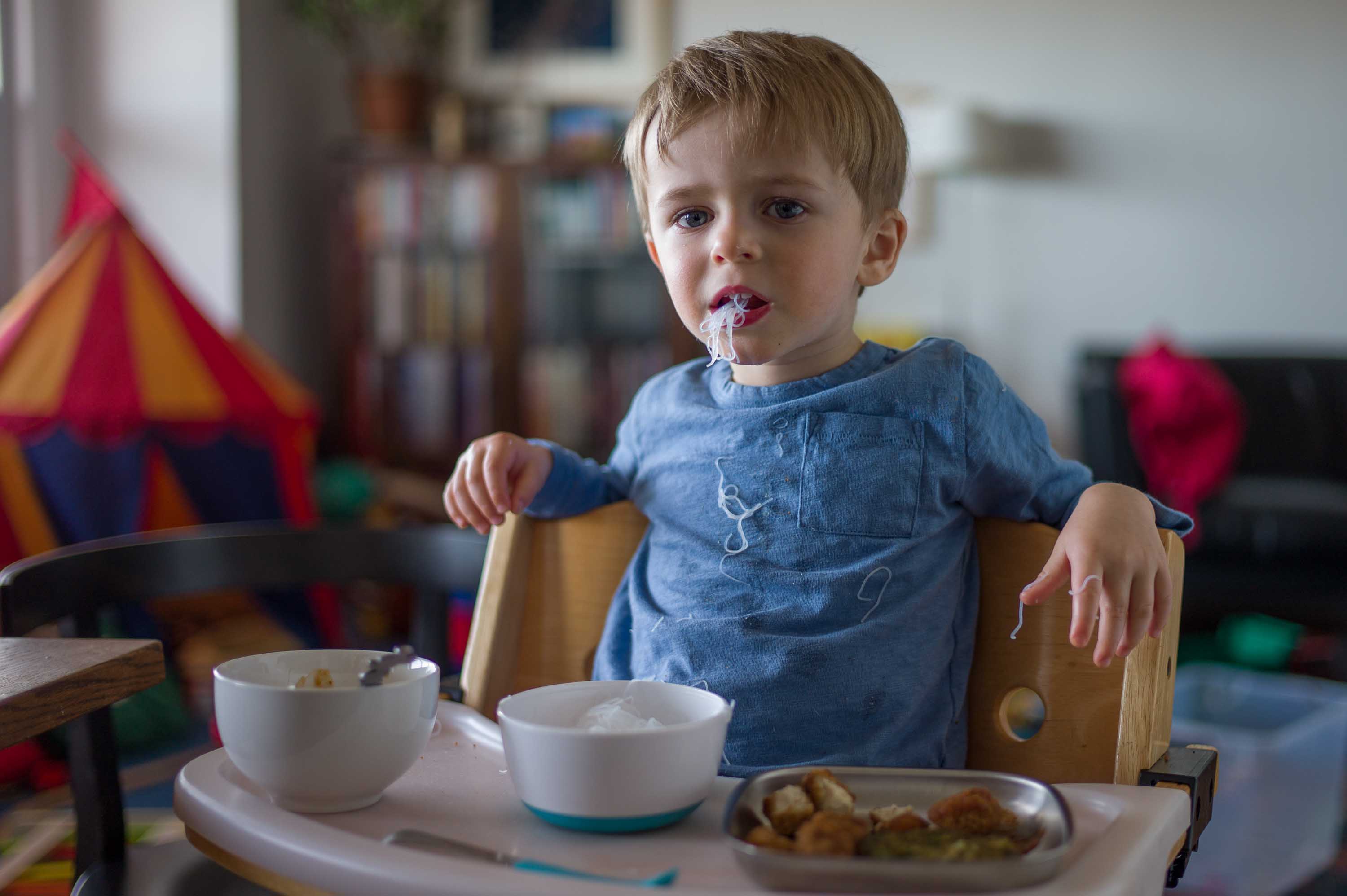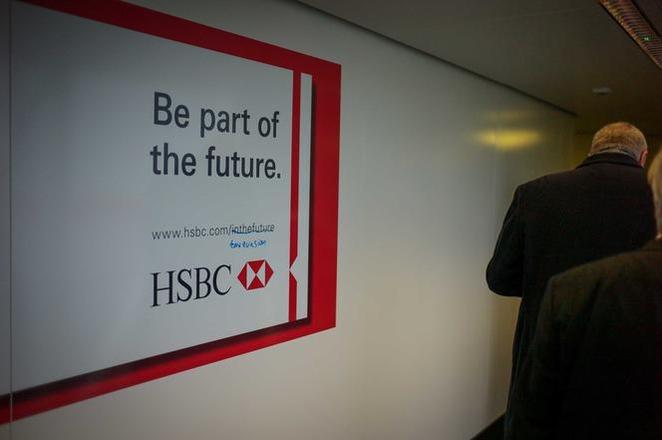
“Do you speak Polish with him sometimes?” My cousin wanted to know if I was exposing my son to my mother tongue. And it was very sweet of her to ask. She lives in Kraków, and that’s for some the cultural epicenter of Poland. (Sorry Warsaw.)
At a dinner recently in Aarhus (that’s Denmark), the question was a bit more harsh: “If you don’t speak German with your son, you are basically stealing opportunity from him.” (Some questions come without a question mark, in some places.)
Hello, I am “Tata” to an almost three year old boy. “Tata”, the Polish word for “dad” was his first word (it was my first word too, I was told). And I spoke with him a bit of German before he was able to speak back to me. But now we mostly speak a mix of English and German. Well, I speak a mix of English and German with him. He replies in English. But when I recently told him that I am his father, his straight reply was: “You are not my father.” “You are my Tata.” The boy is very articulate and actually pretty funny. But he speaks English, except for the occasional Russian, or Spanish, or German expression he picked up somewhere, who knows where. And he has a Brooklyn accent! Confusing stuff, isn’t it?
I can imagine that the boy will read this entry at some point and perhaps shake his head or roll his eyes. Oh dear, what a missed opportunity, so many languages could have been spoken by now. So many different views understood right with them? And it might depend on the year when he will read this entry that he will think of me as a bad, or horrible parent, or the guy who screwed up his entire life. I think I have not messed up completely, and the theory of what I have done so far is somehow based on my own experience. It is not a typical one, but maybe it is relevant?
When I was the age of my son, I spoke and understood only Polish. I was growing up in Silesia, the southern, industrial part of that place. Yet while I only spoke and understood Polish, I was at least gently aware of the existence of other languages. My grandparents spoke German to each other, whenever they did not want to be understood (often). And then there was that Silesian dialect, an oddly rude version of a language, perfectly fit to express the frustration of the world we lived in.
We did have a television set, and some of the best cartoons often traveled over the mountains from Czechoslovakia. And we had a reel to reel, foreign music; also a radio, her name was RIGA, a device with a broken off antenna, that sometimes spoke in truly amazing tongues. My father had a pile of French magazines in his closet. That’s where I was able to discover TinTin. My parents wanted me to speak some foreign language at some point. I was sent to English lessons at the age of ten or so. And by the time I was 11, I had one English sentence down: “I am sitting on a bus.” (It is still useful today, whenever I text someone, while sitting on a bus.)
We left Poland when I was 11. My knowledge of German was limited to whatever the Nazis said in Polish war films then. I was thrown into a German school, where it was assumed that I spoke some English. I was in a special class for German, mostly with Turkish children. My teacher had just come back from Saudi Arabia, so he thought it would be good to talk about the Quran, a lot. The Polish kids did not exactly like me. They were an angry bunch. My protectors were Karim and Mustafa. That’s also where I met my great friend José. He was from the other Galicia
Once I survived a year of insanity in a German middle school, I was thrown into a Gymnasium, or High School. Here I was supposed to pick a “second” language. Someone thought that it might be easier for me to learn Russian, not French. Soon after I was supposed to pick another language, then another. I spent some time “learning” Latin. My friend José helped me to get an okay grade in Spanish.
By the time I left Germany in 1996, I spoke English well enough to buy things, but not quite well enough to sell anything. But I worked, and eventually my language adjusted to the circumstances.
At this point, English is the language I have spent most time in, and spend most time in. I have to admit that I do have a slightly odd accent. And I think my accent in German flows in and out, dependent on where I happen to be. (Grüß Gott zusammen.)
My Polish is excellent for conversations with my Family. But if I were to discuss anything beyond the understanding of an eleven year old, we might be getting onto some very thin linguistic ice. So how does this have anything to do with my son? (Who is currently having a meltdown?)
I guess one point of relevance is about a general attitude. I do not intend to create an artificial pressure that was not applied to me. When I spoke about raising a child in a multilingual environment, a friend from Berlin (living in New York) told me about the two choices he had with his daughter: “We could either speak German with her, or we could communicate with her a lot more. So we chose to communicate with her more.” The gentle theory is that it is more important to not lock off the existence of other languages and cultural systems, thought systems, rather than forcing a development more interesting than one’s own.
I do not keep German a secret from my son. And I do read books in Polish to him as well. I intend to bring him to Germany, and to Poland, and to many, many other places that are amazing and wonderful and have grown over millennia into what they are today. The most important piece of truth I can give him as a gift, could be that “foreign” and “exotic” are silly descriptions used by those who have not left their village enough.
We are all very different and special and every language out there is worth discovering. And by discovering a language, I mean to experience it, as part of a complete system of ideas and interconnected bits and pieces. So I also think that travel is important. Something that goes far beyond tourism or “reporting from the front”. The world is a complete interconnected organism, and it will always attempt to create a certain balance. Surviving in that balance will be a challenge for those after us, as it was a challenge for those before us. And things are not exactly easy today.
Perhaps this all sounds like a lame excuse. I should be spending more time with the little guy. We should be experiencing adventures, just like the ones I sometimes managed to experience with my father, or the one that are almost as good as the ones posted on Facebook by friends. Perhaps we should be learning to play instruments and speak many languages at home. We should dive deep into sports, and music, and Latin. I am for openness. I am for acceptance and understanding of others. I am for the curiosity and life long learning. Discovery; endless discovery. So much might be going wrong already. But I hope that a lot is also being done right. Funny how this is a bit of a message in a bottle, isn’t it?

